Forum Replies Created
-
AuthorReplies
-
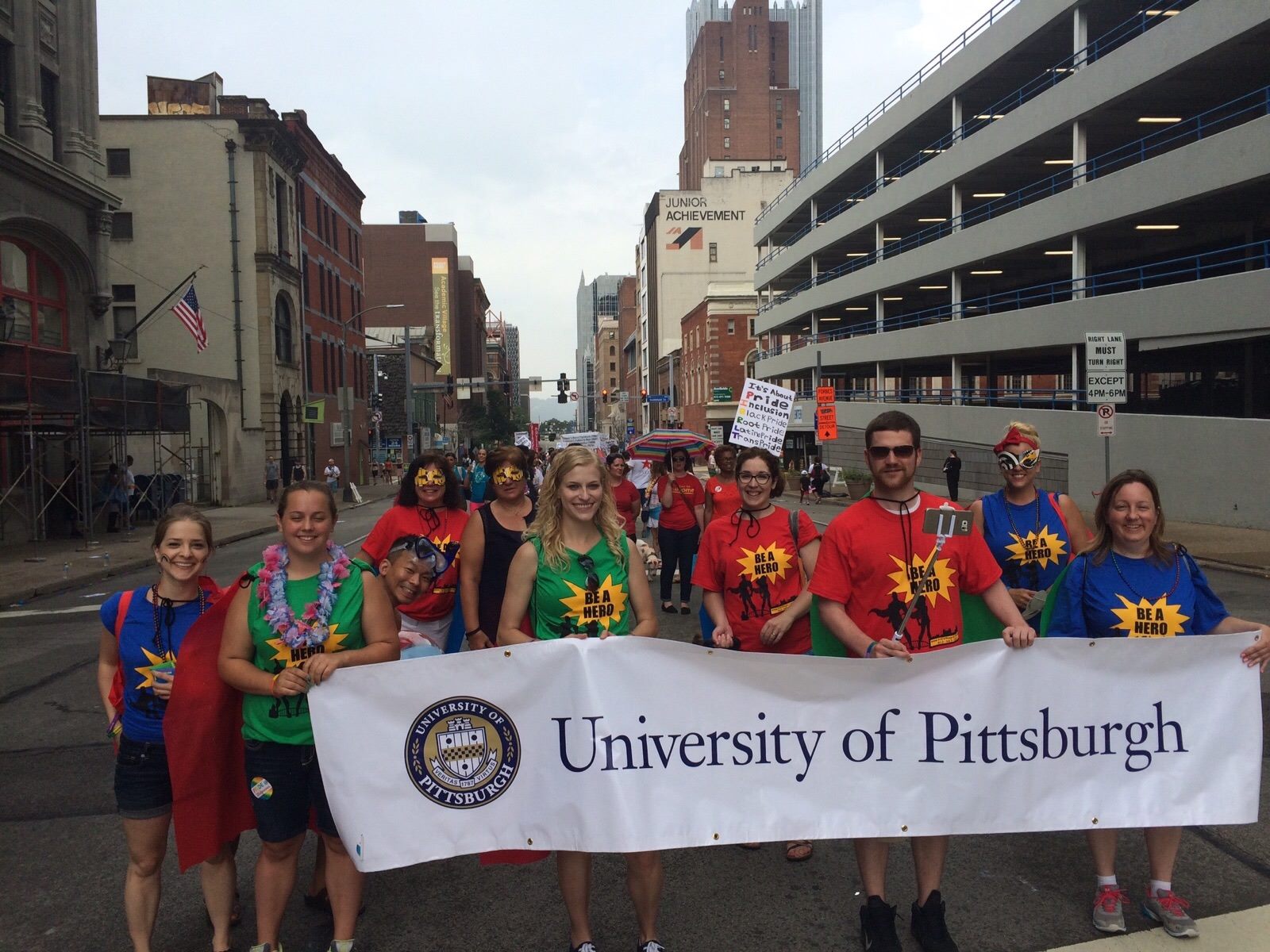 SherriMember
SherriMemberThe main thing that I will take from this course is the importance of measuring community engagement beyond recruitment numbers.
It also reaffirmed that community engagement is reciprocal (not just 1 way) and reminded me that I need to take some mpre time to get insights from the community and not just educate the community.
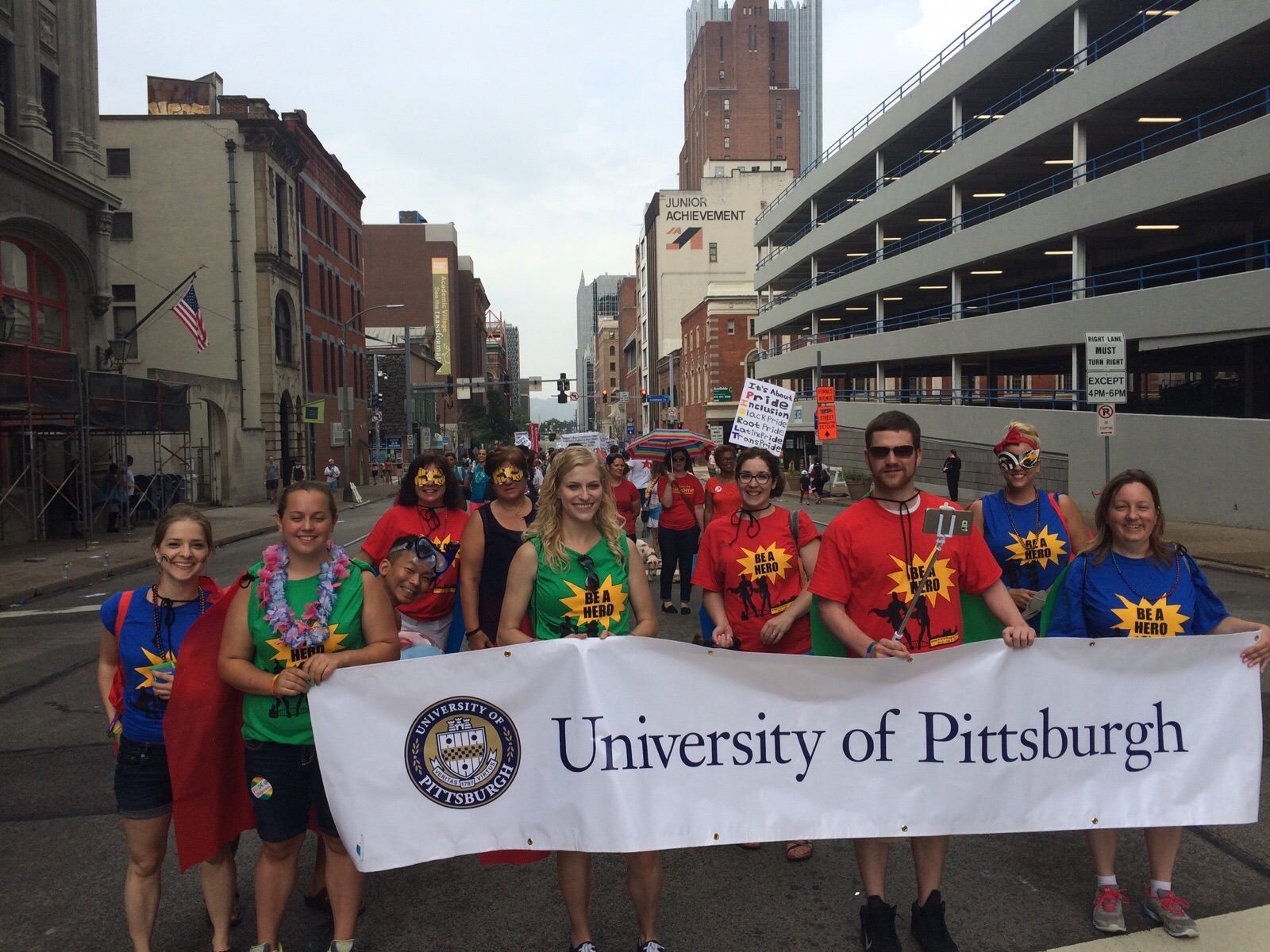 SherriMember
SherriMemberwe also continue to have CAB meetings. Instead of focusing on specific protocols, we spend time on general information on topics of interest.
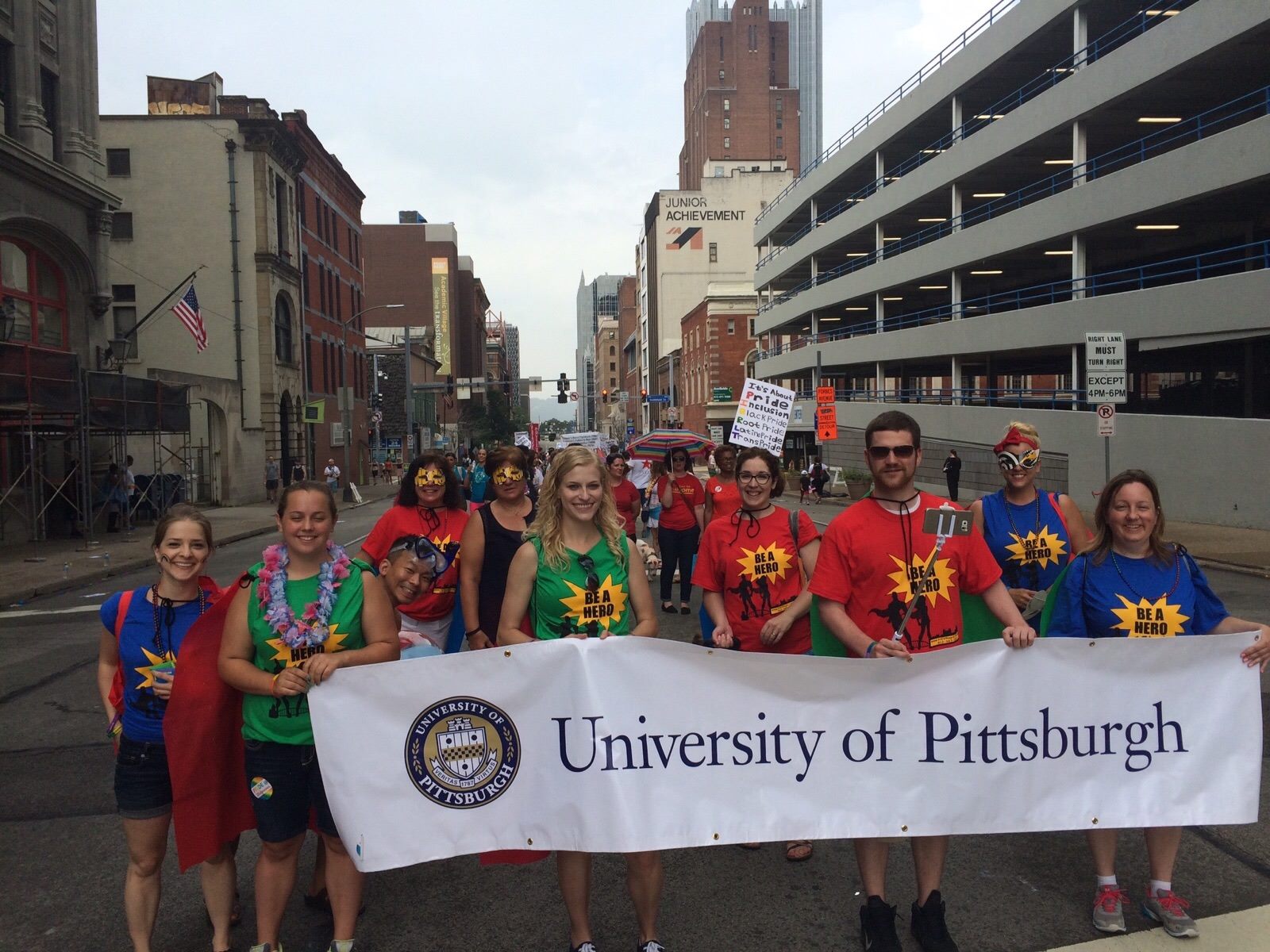 SherriMember
SherriMemberafter trials we take time to go out to the community to disseminate the results of our study to the community. In between trials, we focus a lot of our community outreach on clinical trials in general and PrEP education. Its a way to highlight past and future research and show the importance of research participants on creating PrEP regimens.
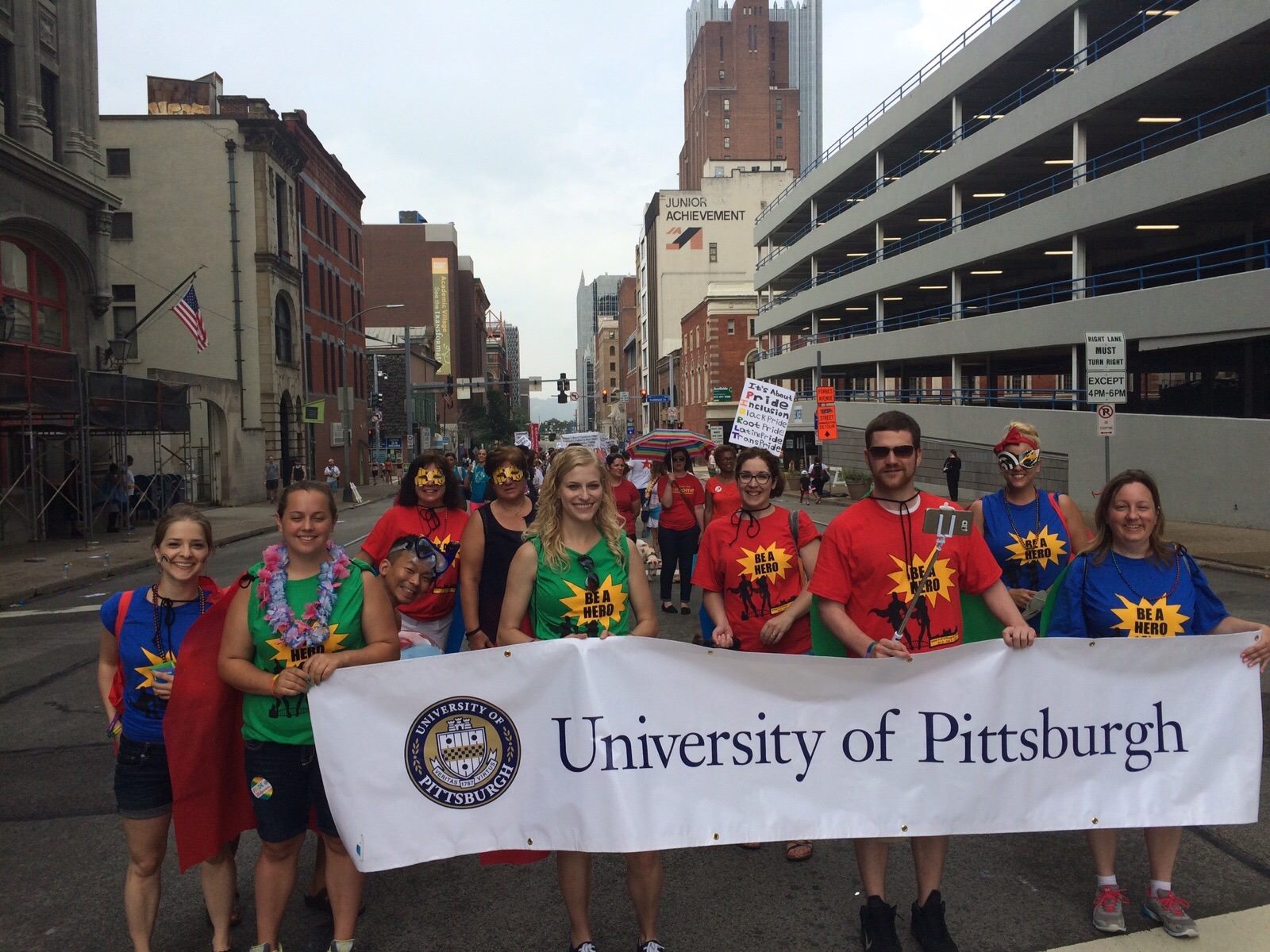 SherriMember
SherriMemberin regards to Larissa’s comment on education “The research team could visit the local nightclub and inform the club-owner to provide an information session on the research”- that is something that I didn’t even think of. I was more focused on anonymity than education. Possibly having public community forums on the research would be beneficial!
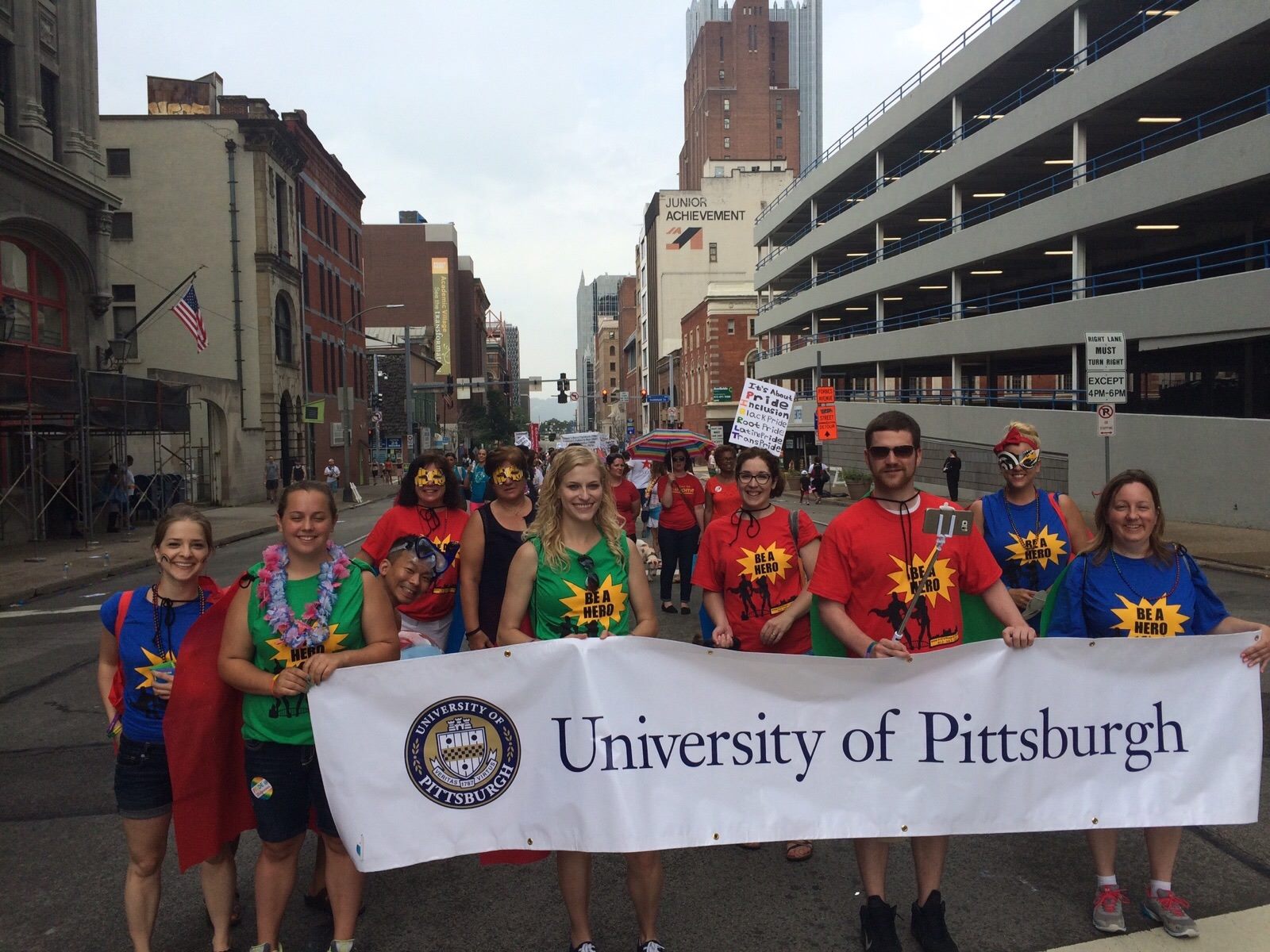 SherriMember
SherriMemberlearning more about the stigma before the trial started would be a good idea. Having discussions with past participants or other MSM (possibly focus groups or interviews) about what to expect would be helpful.
I think the main thing here is the importance of participants being anonymous, so they are not associated with the trial and stigmatized as a result. Having some referral info on behavioral support services may be needed, as well.
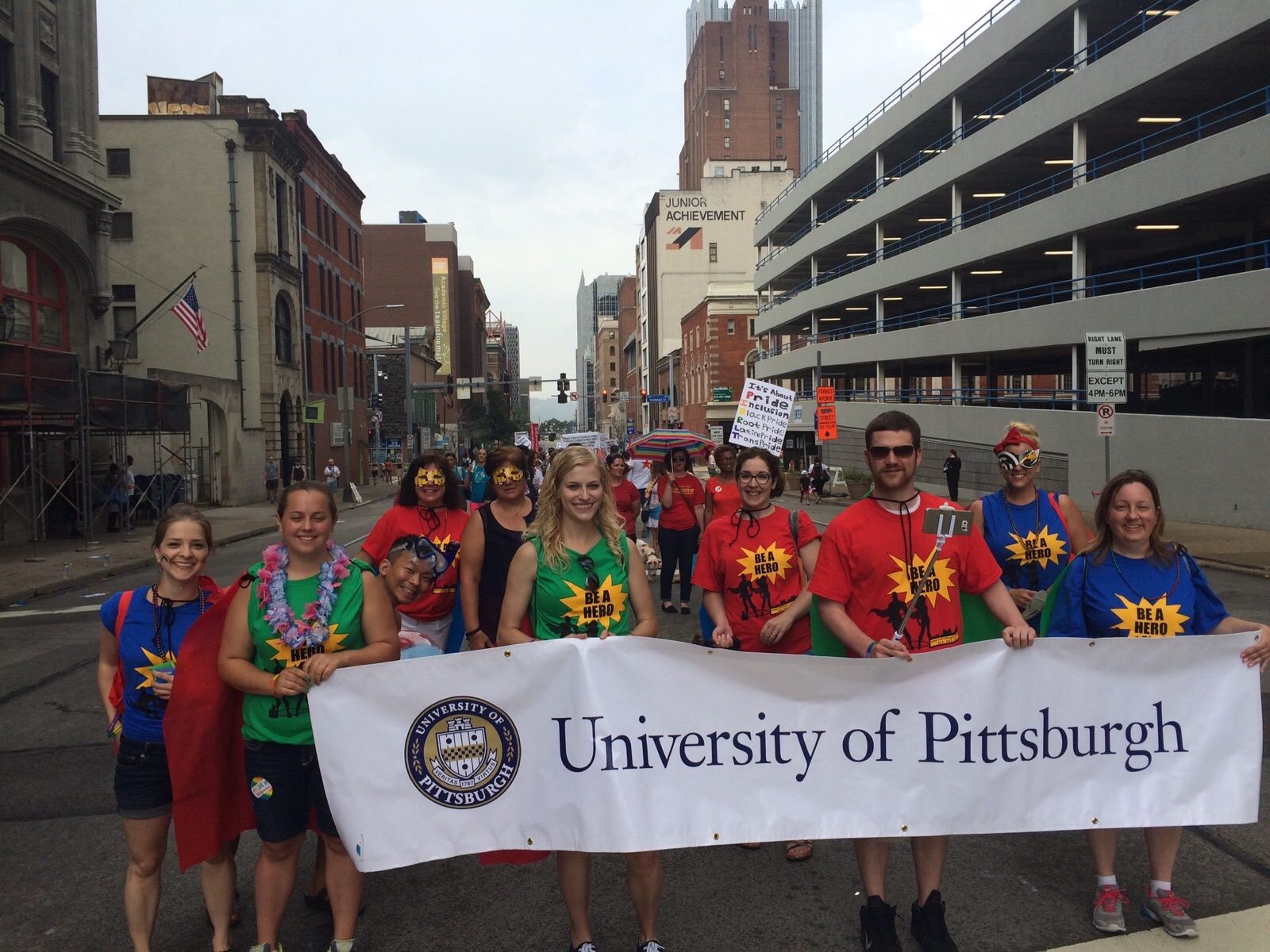 SherriMember
SherriMemberHow can researchers engage stakeholders to better negotiate comprehensive prevention packages tailored to the needs of diverse subgroups?
The main thing researchers need to do is start earlier. Be proactive, not wait until a problem arises. and when a problem does arise (government becoming more strict about providing clean needles) thee should be a plan of attack ready to go (which organizations can be consulted, who can be spokes person, etc).
I agree with James- there was no mention of CAB anywhere in the case study. I don’t understand why thee was not earlier consultations.
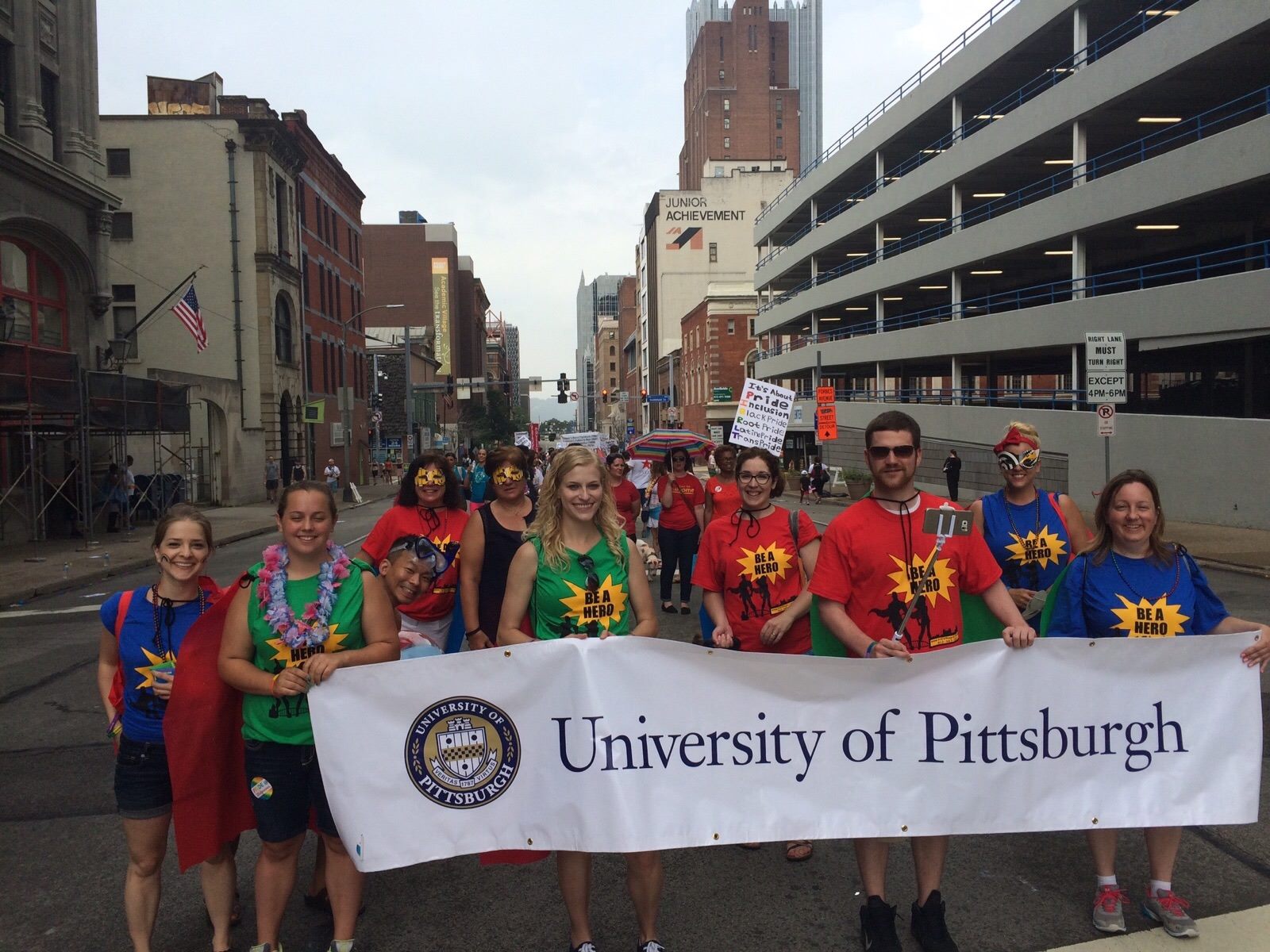 SherriMember
SherriMemberWhat implications did the lack of inclusion of clean needles in the prevention package have on trial results?
Since the legitimacy of trial results were questioned (due to the HIV Prevention packaged offered), the data obtained was not considered accurate and reliable, therefore hindering the advancement of the scientific agenda.
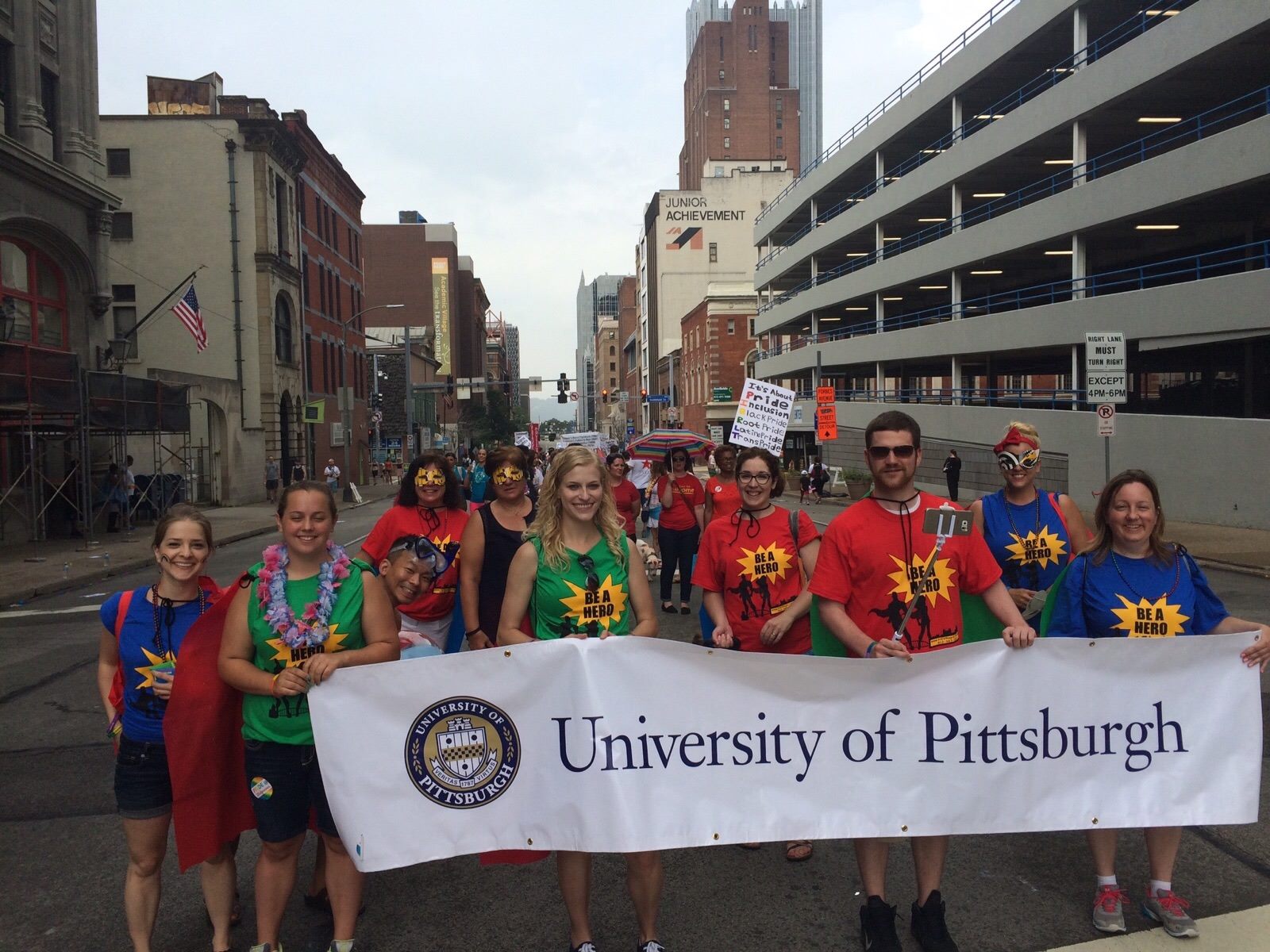 SherriMember
SherriMemberI would like to reflect on the email that was sent:
- How much time and investment do you allocate for research literacy activities if the CAB or community members do not have sufficient experience with clinical research? Our site invests a fair amount of time in educating CAB members and other community organizations/ stakeholders on clinical research. We provide CAB specific trainings and do community presentations regarding clinical research often.
- Do your engagement staff understand the basic science of HIV prevention research, trial procedures and participant protections and are they familiar enough with the trial protocol to accurately explain the research methods to external stakeholders? The engagement staff is mainly me, but our clinicians and investigators often do presentations and education. Yes, we are all knowledgeable about the research to explain it fully to outside stakeholders. Sometimes, I have to help the investigators speak less technically out in the community, but we usually have no problem.
- How can your literacy program be strengthened or diversified (even without additional resources)? I think that making sure the material is current, relevant and easily accessible is the best way to strengthen the literacy program.
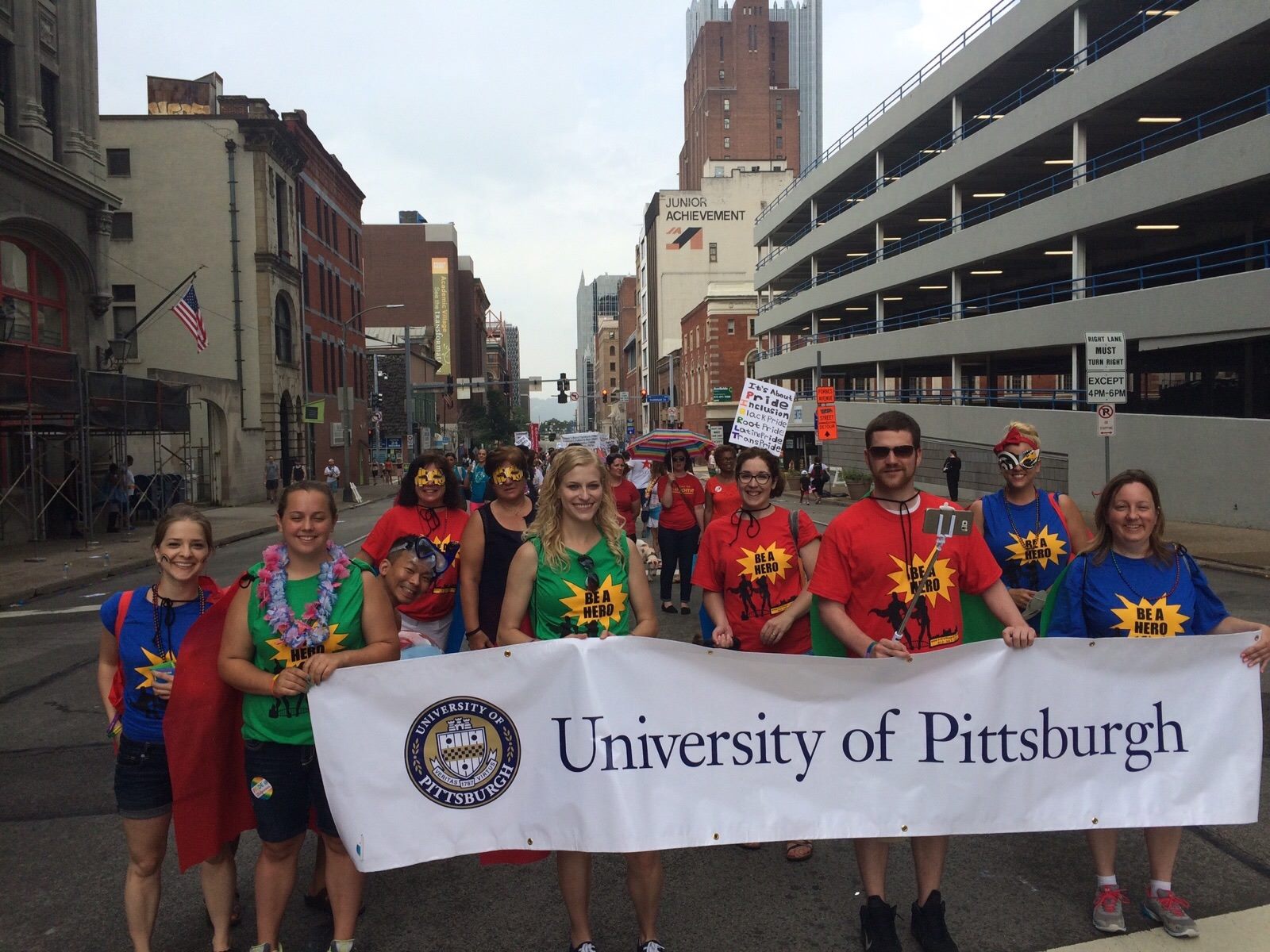 SherriMember
SherriMemberOur site reviews protocols with stakeholder 2 different ways (2 networks). For ACTG protocols, a CAB protocol draft and lay summary is sent and reviewed by our CAN. Our PI goes over protocol with CAB and asks for input. Everyone turns in a questionnaire to the Protocol Development Team. The MTN is less formal (although they are taking steps to be more formalized) When the MTN protocol development team wants stakeholder/ community engagement, they send an email to the community working group who then gives input and also asks the CAB members what their input is. Then that information is conveyed to the protocol development team.
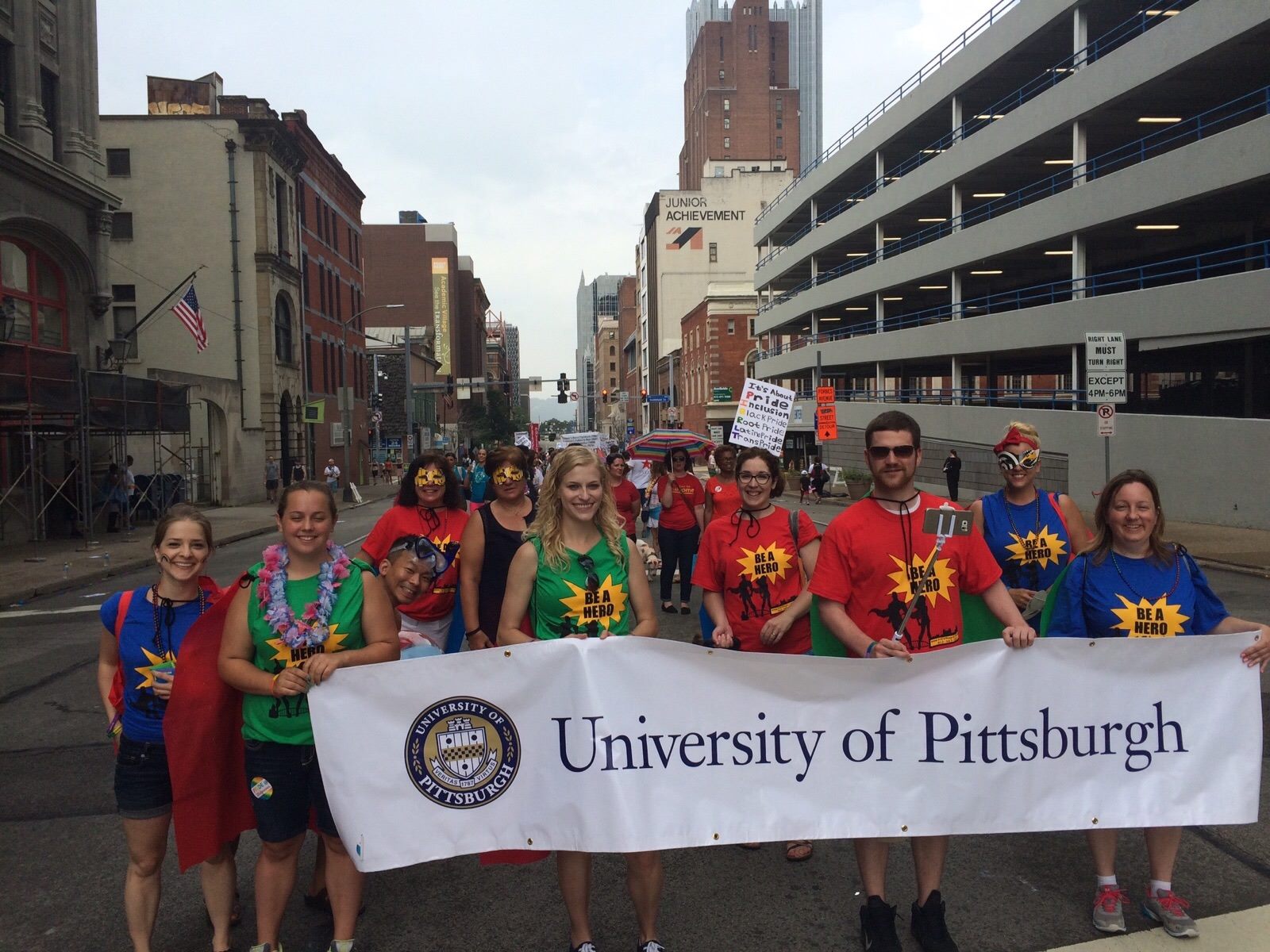 SherriMember
SherriMemberIn regard to Bernice’s comment- I agree that using social media to reach youth and stakeholders working with youth is absolutely necessary. As this is one of my main focuses in the future, this will be something that I do more of. Right now I mainly use craigslist (which is like electronic postings- like flyering) and facebook. Facebook has been a good way to share info, but I haven’t really tapped into reaching stakeholders and actual youth who may be interested. This is something to consider in the future.
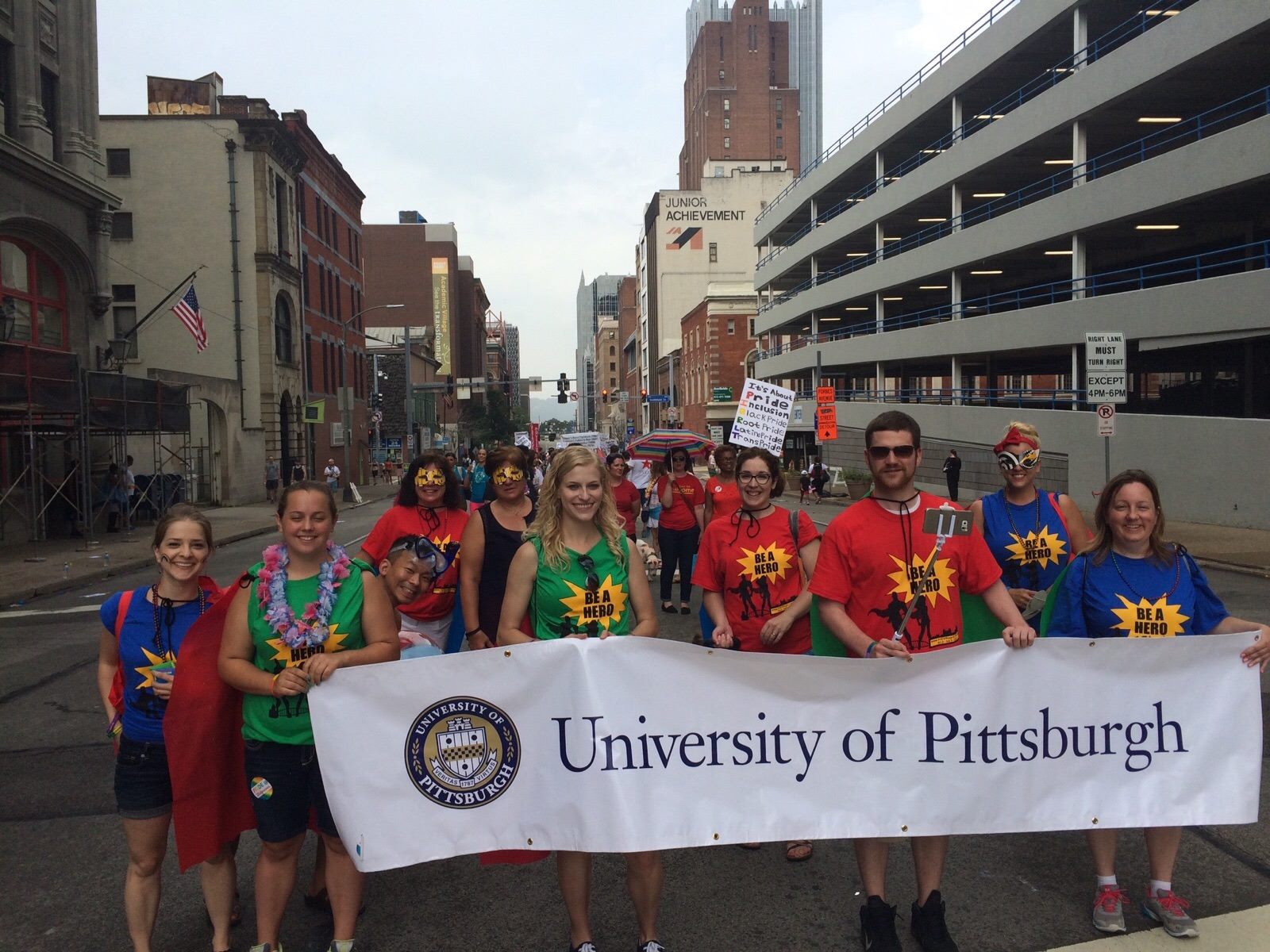 SherriMember
SherriMembersocial media has changed how we recruit for studies, but it hasn’t changed how we reach out to stakeholders before a trial begins as much. Although I do think that it will make reaching new stakeholders easier. Other than researching stakeholders and initiating conversation (all which we would have done just as easily on line), we don’t use social media to engage stakeholders early on in trials.
I think social media is mainly a good tool for recruitment and information dissemination. I suppose it could be bad if something negative happens or there is negative feeling towards a protocol- it would just as easy to spread bad information and falsehoods as it is to spread correct information. So in general I think it is important to be careful what you post and how you reach out to possible stakeholders.
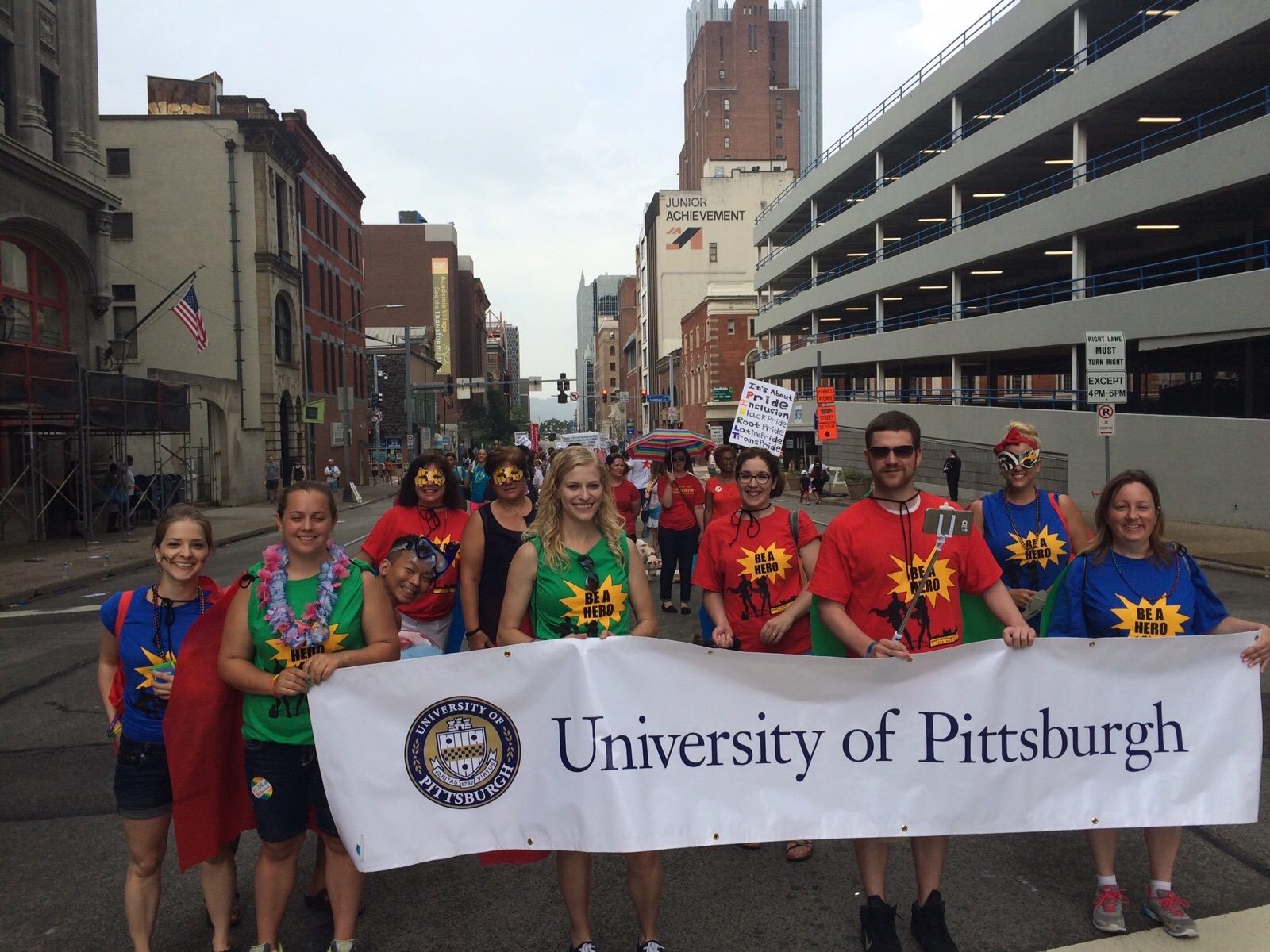 SherriMember
SherriMemberI feel like a lot of what we do is similar to Mark. The “shotgun approach”. We are going to informally try anything that we think of. We use our connections (either from our CAB or others known to us from past engagement) and try to branch out from the networks we already have relationships with. Another thing we do often is re-establish connections with in our already known partnerships. Organizations change and personnel change organizations or departments, so keeping the lines of communication open helps us stay on top of things. Attending strategic planning meetings for our region helps me stay on top of this.
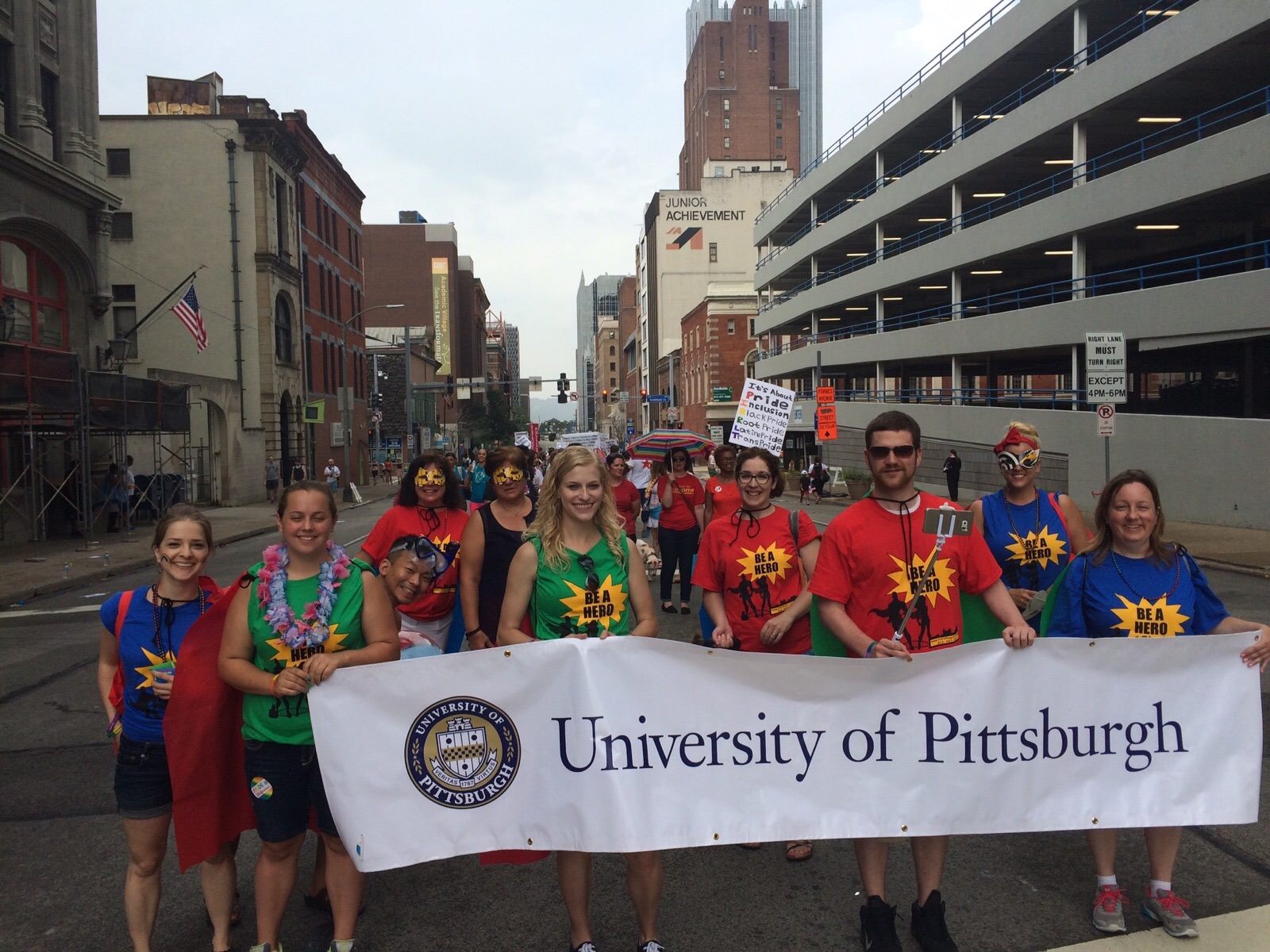 SherriMember
SherriMemberThe first thing we do is consult our CAB to get suggestions as to who may be interested and invested in the research. Then we sit as a group and brainstorm possible interested parties. If we have a study that is similar to a previous study, I will sometimes reach out to those past participants to see if they have any ideas (and to see if they may be interested). We then contact those possible stakeholders. I usually contact them through social media, email, phone calls and sometimes letters. If I am looking into stakeholders I haven’t worked with in the past, I will call upon my contacts from CAB, research staff or other stakeholders to have an introduction and them will schedule a meeting to discuss our program and to get info.
I think time spent trying to communicate with the possible stakeholder correlates to how much we feel we will be able to have a long term partnership with that stakeholder. We are going to send out general information to anyone we think may be interested in the study, but we will spend more time building relationships with groups/organizations/stakeholders who may have a long lasting relationship with us.
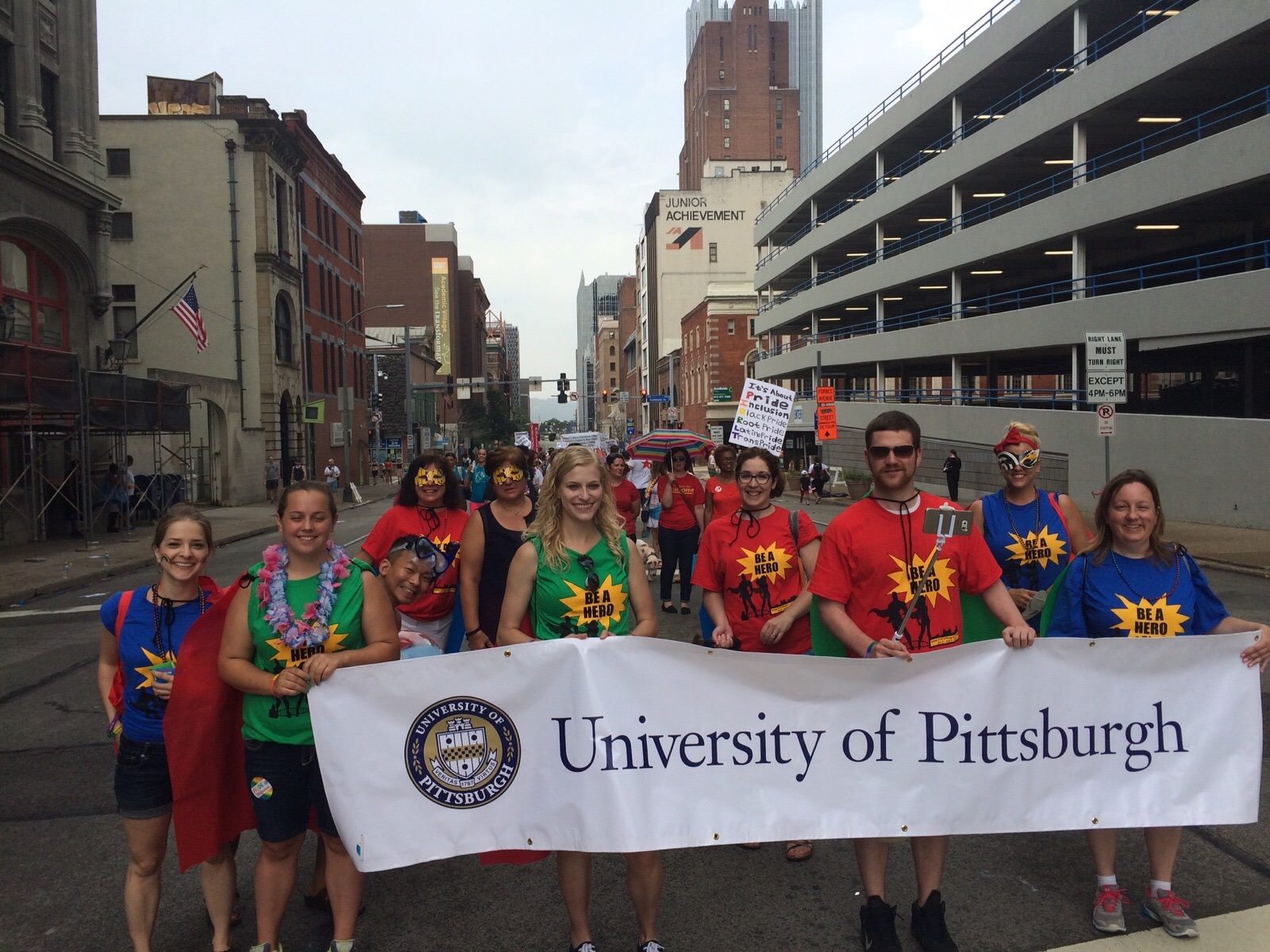 SherriMember
SherriMemberPhumeza- in regards to your adolescent vaccine study- how far in advance of recruitment for the study did you engage the community? Months before the study? Years? Also, had you worked with adolescents before or were you building new relationships in the community? We are trying to be more adolescent friendly and I feel like we should start these activities now (even though we don’t have an immediate protocol coming our way for adolescents at our site).
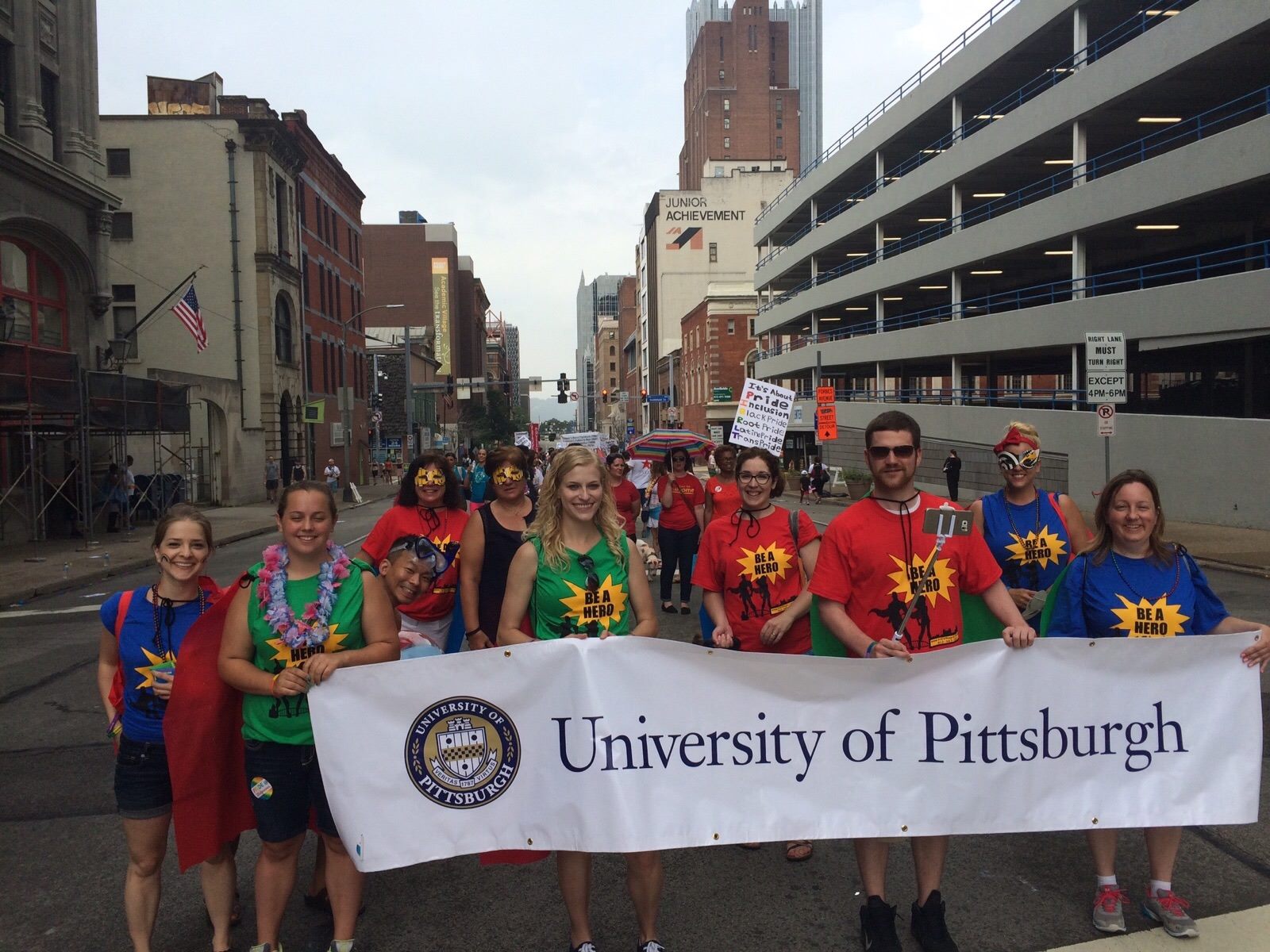 SherriMember
SherriMemberthe main way I work with stakeholders in formative research activities is with our CAB when we do protocol reviews for the ACTG. Our site leader goes over the CAB protocol summary in detail and we discuss rationale, recruitment and procedures. We mainly select studies to review that we are planning (or hoping) to do in Pittsburgh. Our CAB has an active HIV positive voice and they offer good insight into what limitations they see in the protocol. While we openly discuss the protocol, everyone completes the questionnaire on their own and we submit it independently (so there is privacy for people opinions).
-
AuthorReplies


